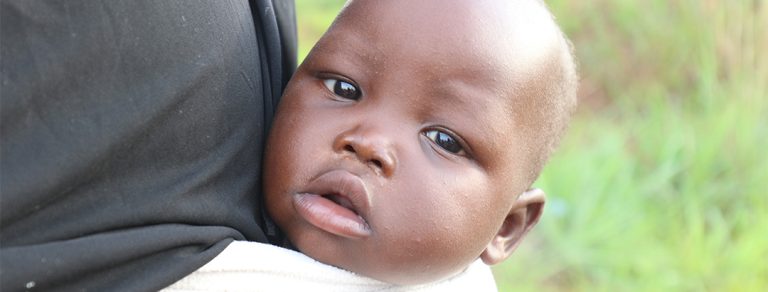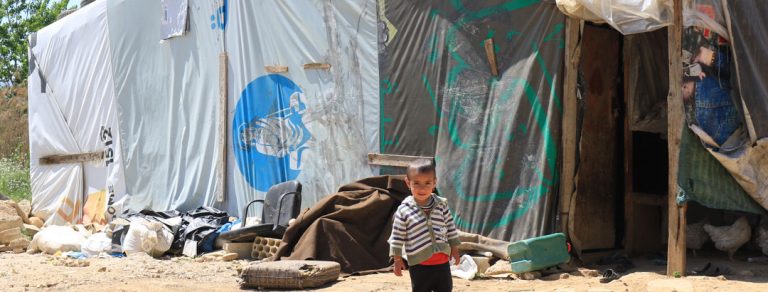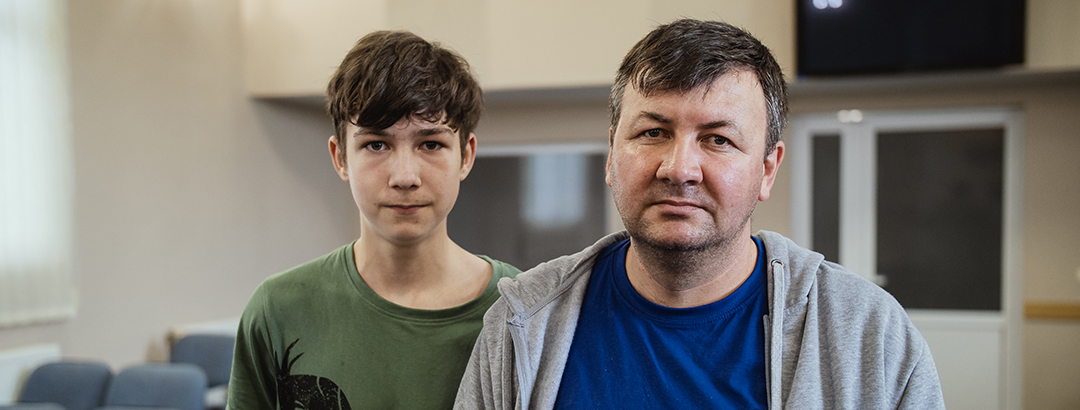“There’s no place like home.”
That’s what Dorothy famously said in the 1939 film, “The Wizard of Oz.” Decades later those words are still being sewn onto pillows and mounted on walls. But for refugees around the world, it’s more than just a popular catchphrase. It’s a cruel irony.
Because most of them have no homes to return to.
Amir — whose name we’ve changed for his privacy — had a beautiful home once upon a time. He had land and money. He lived a comfortable life. But after Islamic radicals invaded his city in Iraq, he and his family fled for their lives.
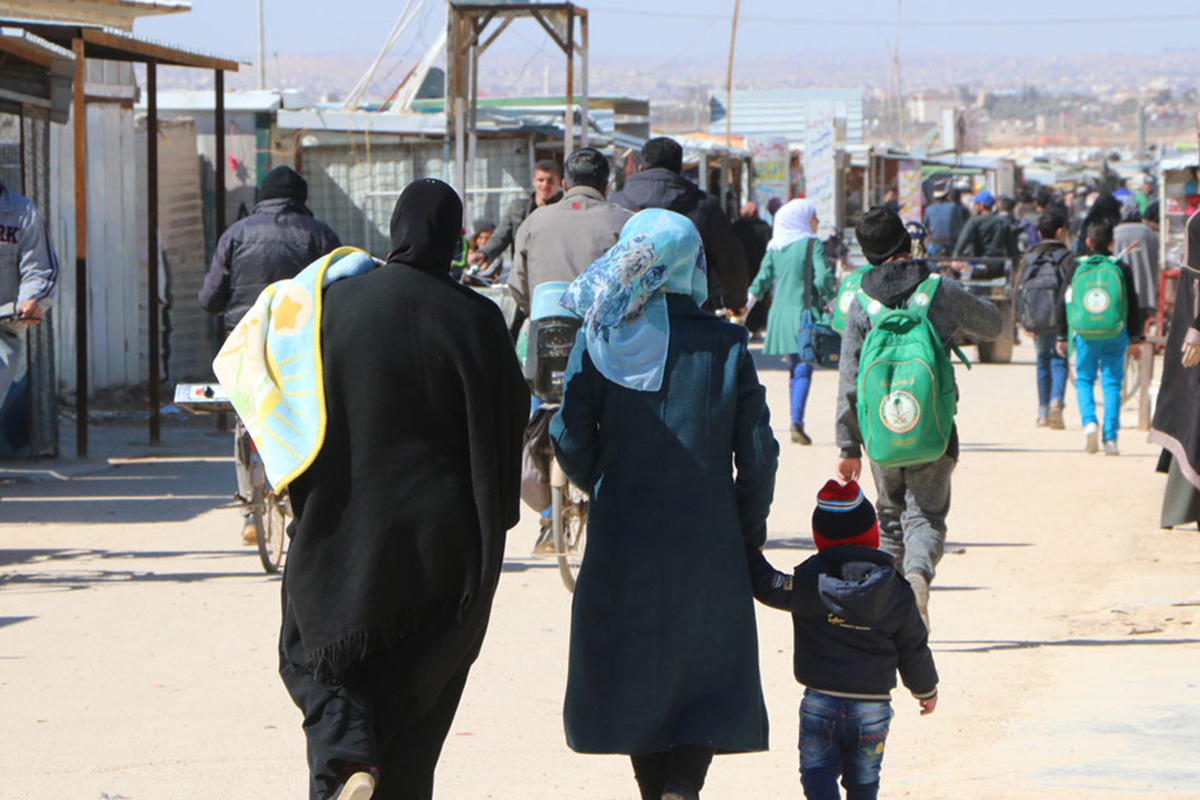
The journey to a refugee camp is never an easy one … but it’s even more difficult when you’re an amputee like Amir.
Amir lost his limbs while serving in the military during wartime many years ago. Now, his disability is keeping him from finding work because the few jobs available to refugees require physical labor.
Amir hates not being able to provide for his family, especially during these bitter winter months.
Living in a refugee camp year after year is not the life he pictured for his children. He just wants to escape his depressing, muddy surroundings and go back home. He wants to take care of his family and give them a warm shelter.
The problem? There’s no place to call home. It’s been destroyed.
Militants raided Amir’s city six years ago. Those headlines have been out of the news for ages. But nothing has changed. Amir still has no home.
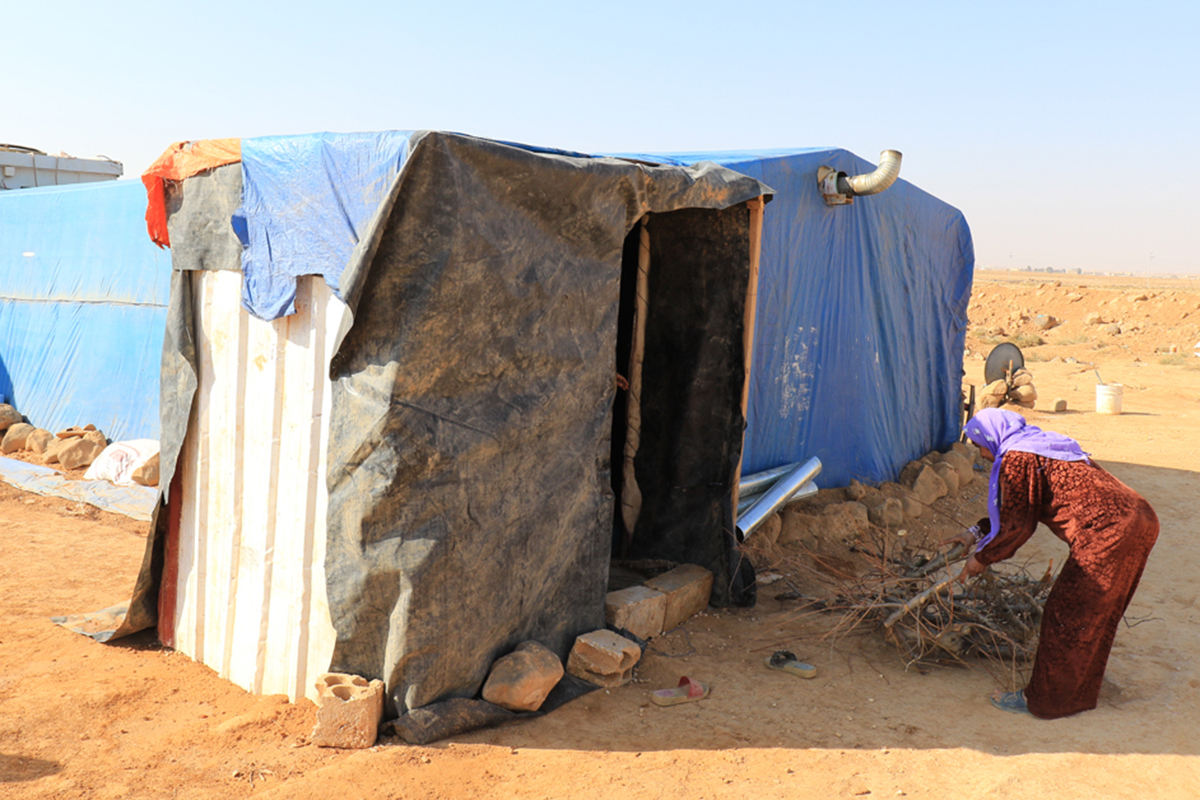
Because he is disabled, Amir can’t make the long trek back to his old city. The struggle isn’t worth it, anyway. He’ll only find piles of dirt and crumbling concrete. Six years later, it’s still a ghost town.
“No pictures are enough to translate the situation,” our partner said of the bombed-out towns back in Iraq.
In many places, there is electricity for only a few hours each day — sometimes not at all. Food is scarce. Medical care is zero. The few refugees who have returned wonder if they made the wrong decision. After all, there are no jobs. No way to support a family.
Worst of all, parents constantly worry for the safety of their children. Although the UN has made efforts to clear out or disarm any unexploded bombs in the area, there is always a fear that one may have been missed.
“Some of the biggest victims of unexploded ordnance are children because [the explosives] often look like toys,” one journalist near Mosul said.
So, many refugees like Amir can’t return to their towns … and life in the camps isn’t much better. They want to start building a life again, but they are stuck in limbo. They have no home. No food. No hope for the future.
But for just $35, you can help pull a refugee back up on his feet. You can show your neighbor around the world that you care. When you give today, your gift will multiply over 5X to provide $189 worth of lifesaving aid like warm blankets, nutritious meals, medical care, clothing, heaters, and more.
In the parable of the Good Samaritan, Jesus reveals that a neighbor isn’t just someone who lives near you — it’s any person who has mercy on another. Will you stop and be a good neighbor to a refugee this winter?
Recent stories on our blog
The World’s Newest Nation Created the Largest Refugee Crisis in Africa
South Sudan is the newest country in the world ... and its . . .
How You Can Meet Urgent Needs This World Refugee Day
Every June 20, people from all around the world recognize . . .
Father of 18 Goes Back to Ukraine for the One
Suppose one of you has a hundred sheep and loses one of them. . . .




